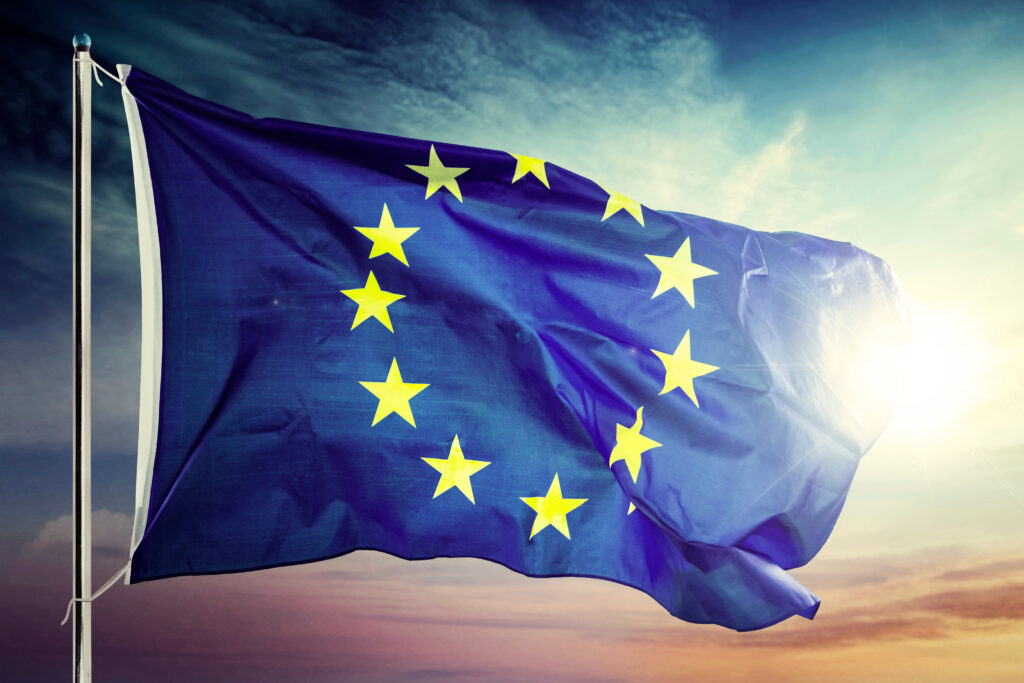The European Union (EU) is planning to enlarge, and there are many candidates for membership: Bosnia-Herzegovina, Albania, Moldova, Turkey, Ukraine, Georgia, Northern Macedonia, Serbia and Montenegro. Kosovo[1], meanwhile, is still awaiting official candidate status. All these countries share a common characteristic: their geographical position in the East, close an increasingly threatening Russia. This planned enlargement is a continuation of the opening towards the East that began in 2004. It aims to assert the EU’s presence opposite the Kremlin and strengthen its geopolitical weight. These countries have not hesitated to demonstrate their desire to join the EU. This was the case with the recent pro-European demonstrations in Tbilisi, Georgia, which borders Russia.
However, these countries have significant weaknesses. Unlike member states such as France, Germany and Belgium, they have a lower level of economic development. Marked by a Soviet or Yugoslav past, some are struggling to turn the page on their history. Corruption is still rife, and human rights are not always respected. These realities raise an essential question: what could they bring to the European Union? Would their integration be relevant to the EU as a whole?
In reality, it depends on the country. Take Ukraine, for example. As a great agricultural nation, it could export a great deal to other member countries. But a very good understanding will have to be found between European farmers in crisis and Ukrainian farmers. It would also be an area of influence, to show that it is not linked to Russia but to the European Union.
Another major question concerns the size and cohesion of the EU. By constantly enlarging its borders, is the Union in danger of becoming ungovernable? Let’s not forget that it began as a commercial and industrial alliance of five founding countries. Today, with 27 member states, it already faces challenges of coordination and solidarity. In 2017, as Catalonia flirted with independence, Jean-Claude Juncker, President of the European Commission at the time, expressed his concern : “I don’t want the EU to consist of 95 member states”[2]. This warning remains relevant today.
So, how far can the European Union extend its borders without compromising its functioning? Is enlargement a strategic opportunity or a risk to its stability? These are questions that need to be considered in depth by Europe’s leaders and citizens alike.
[1] This designation is without prejudice to positions on status, and is in line with UNSCR 1244/1999 and the ICJ Opinion on the Kosovo declaration of independence.
[2] https://www.bfmtv.com/international/europe/espagne/juncker-ne-voudrait-pas-que-demain-l-ue-se-compose-de-95-etats-membres_VN-201710270110.html








